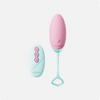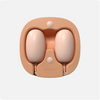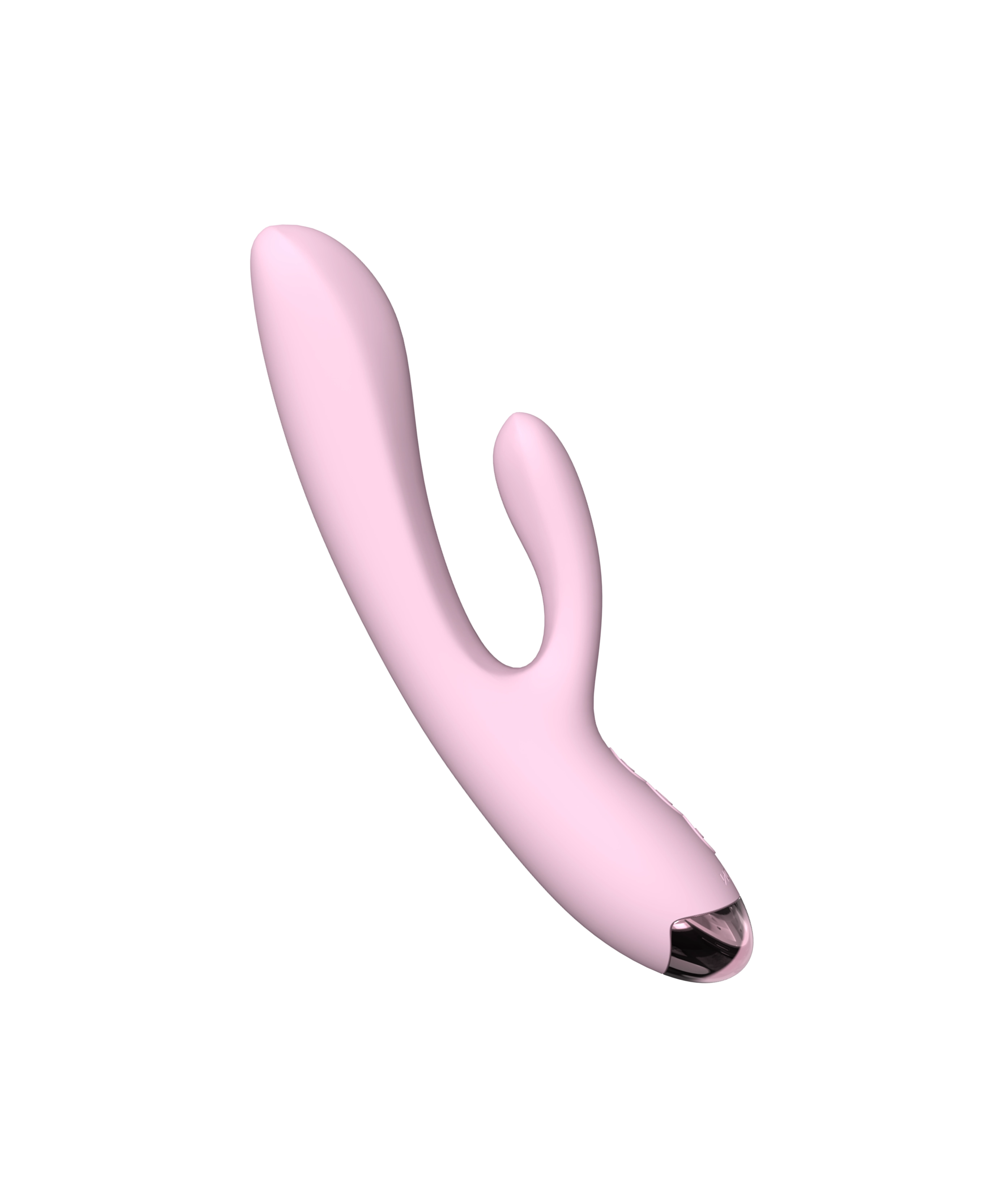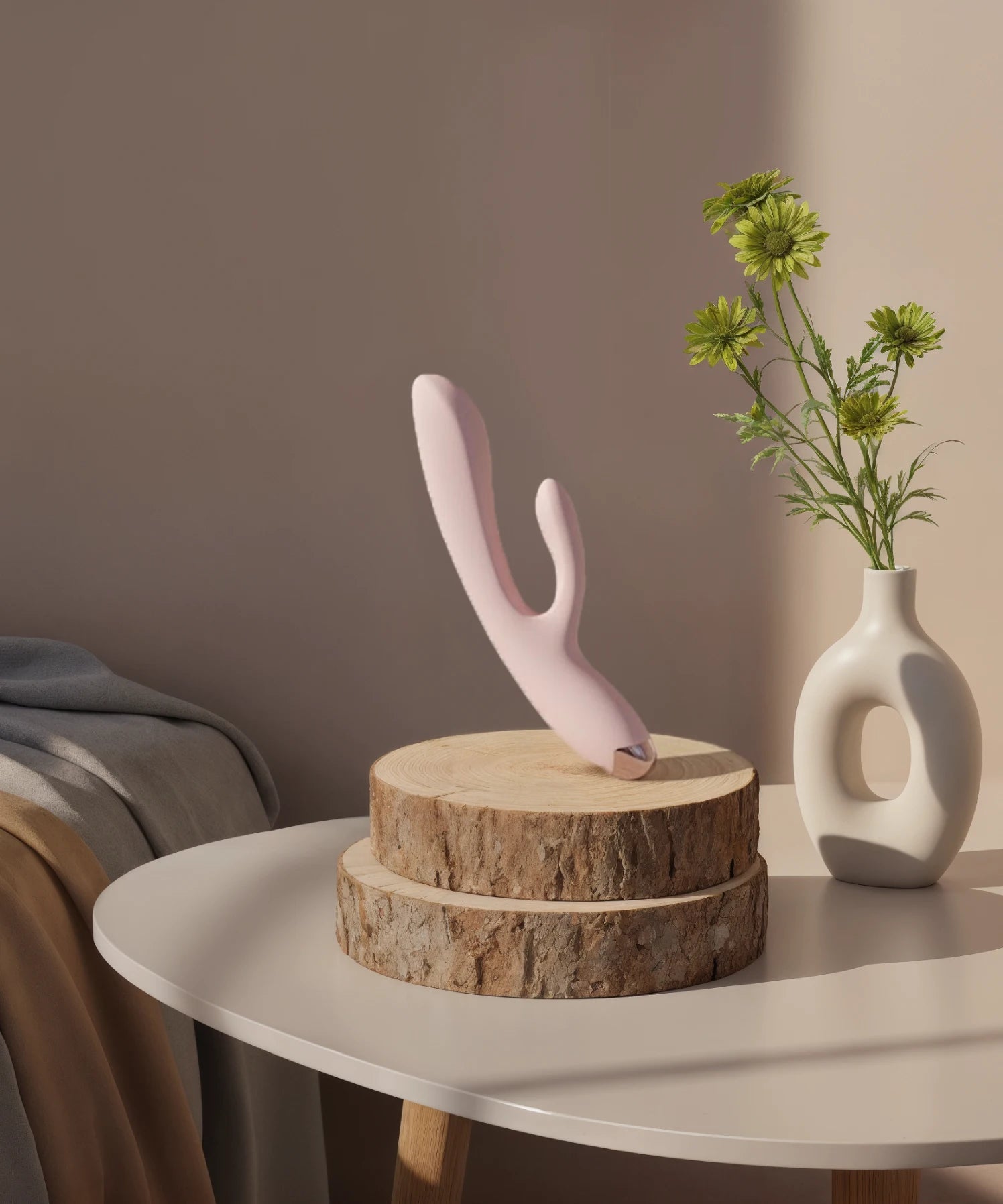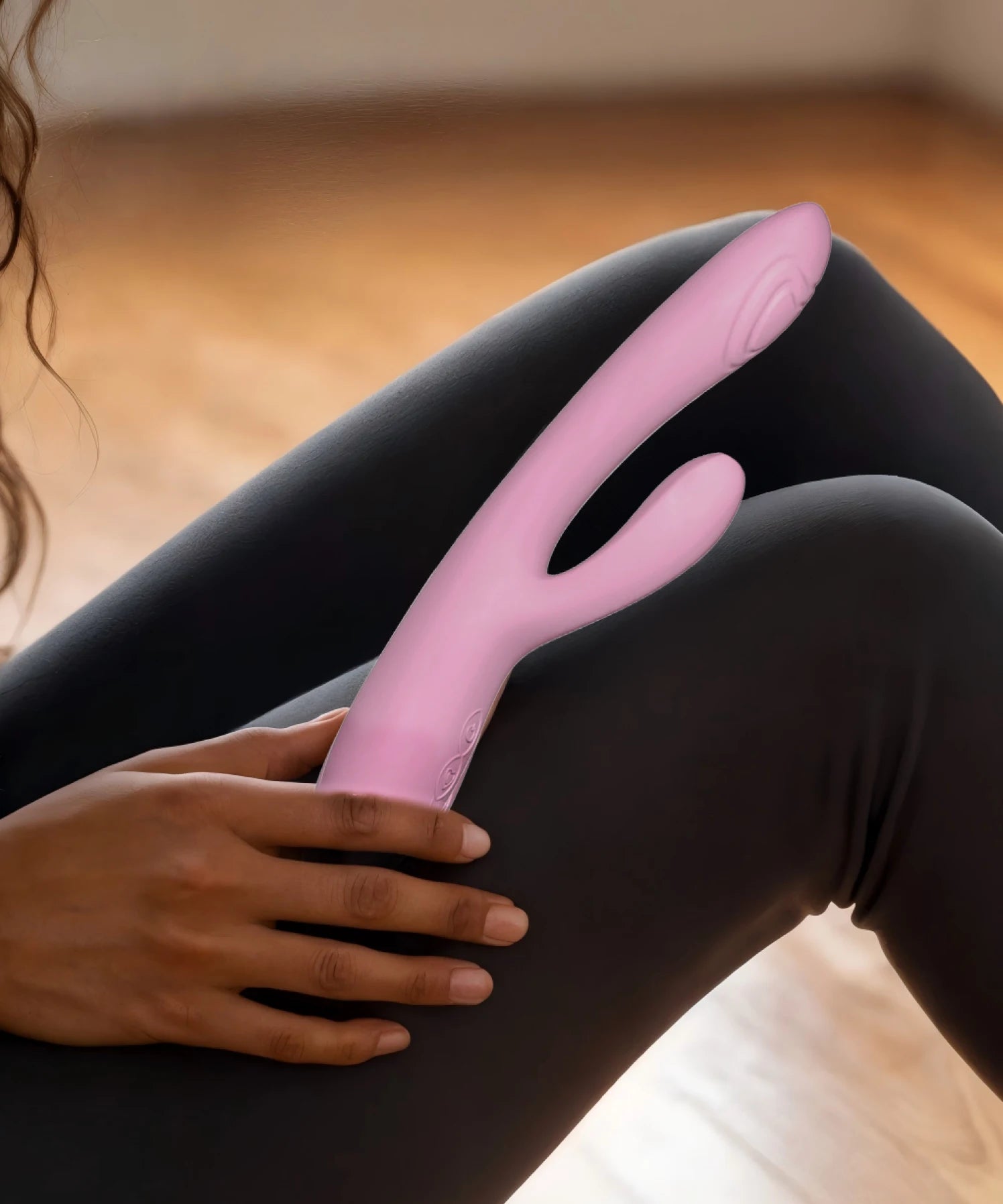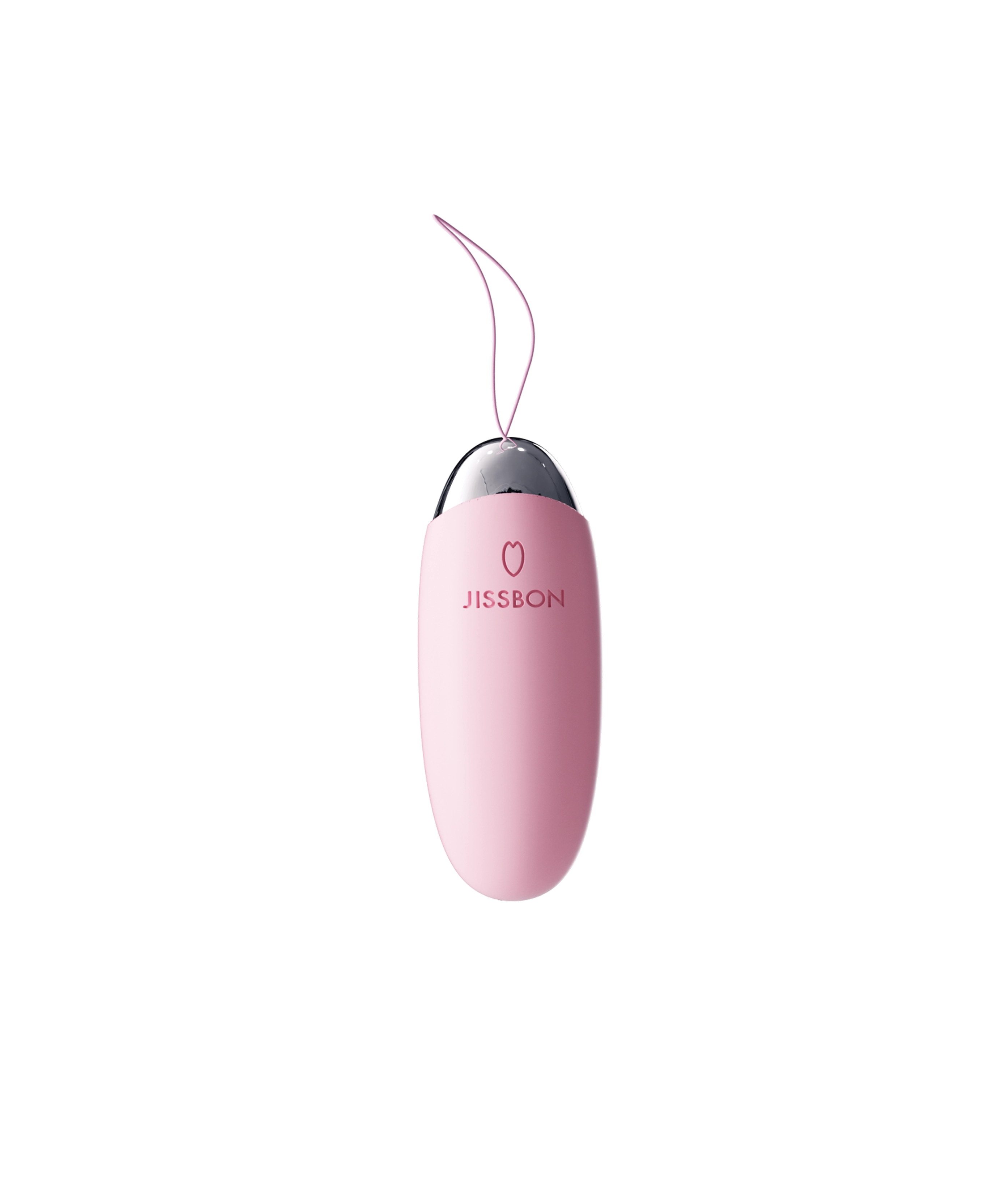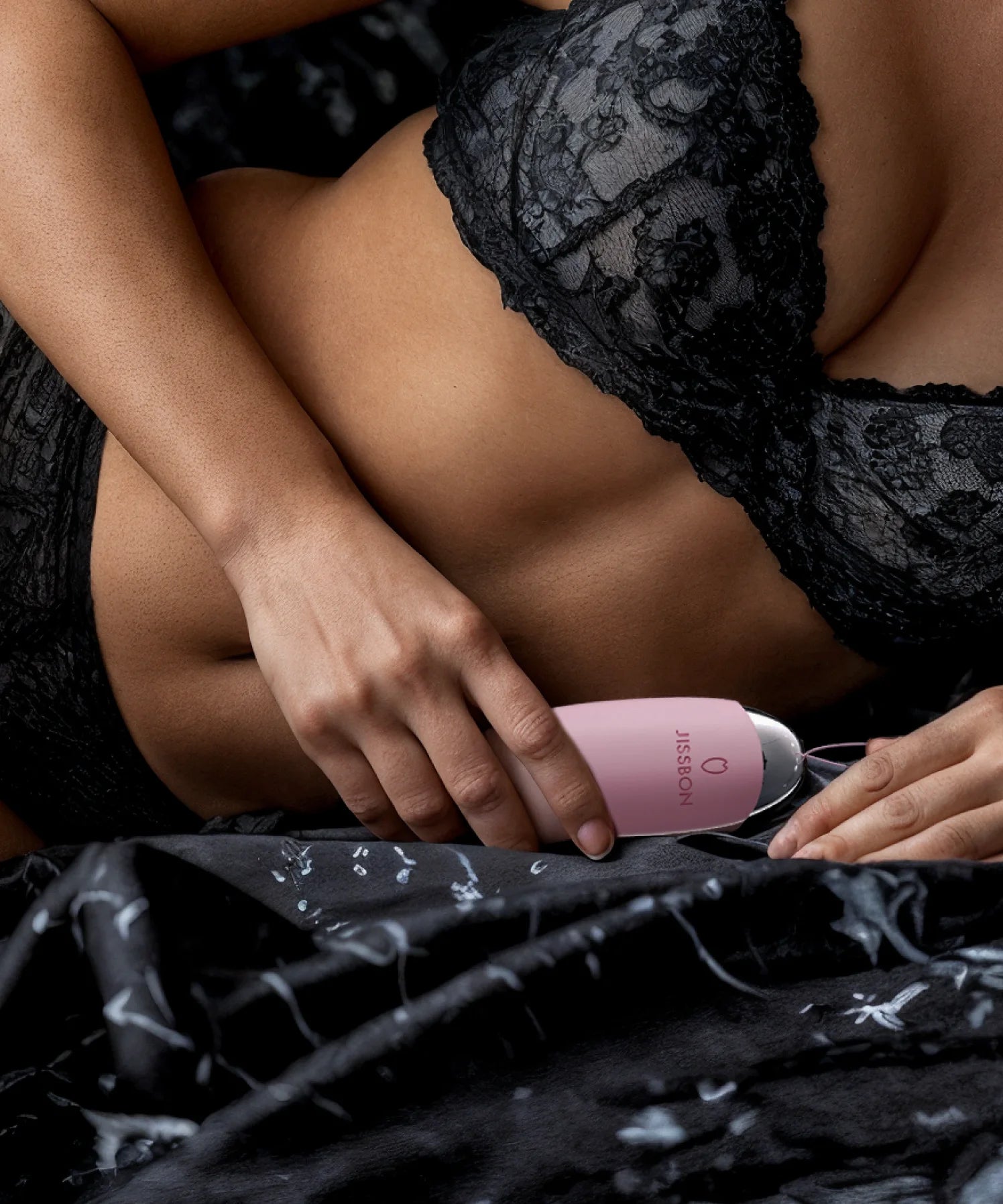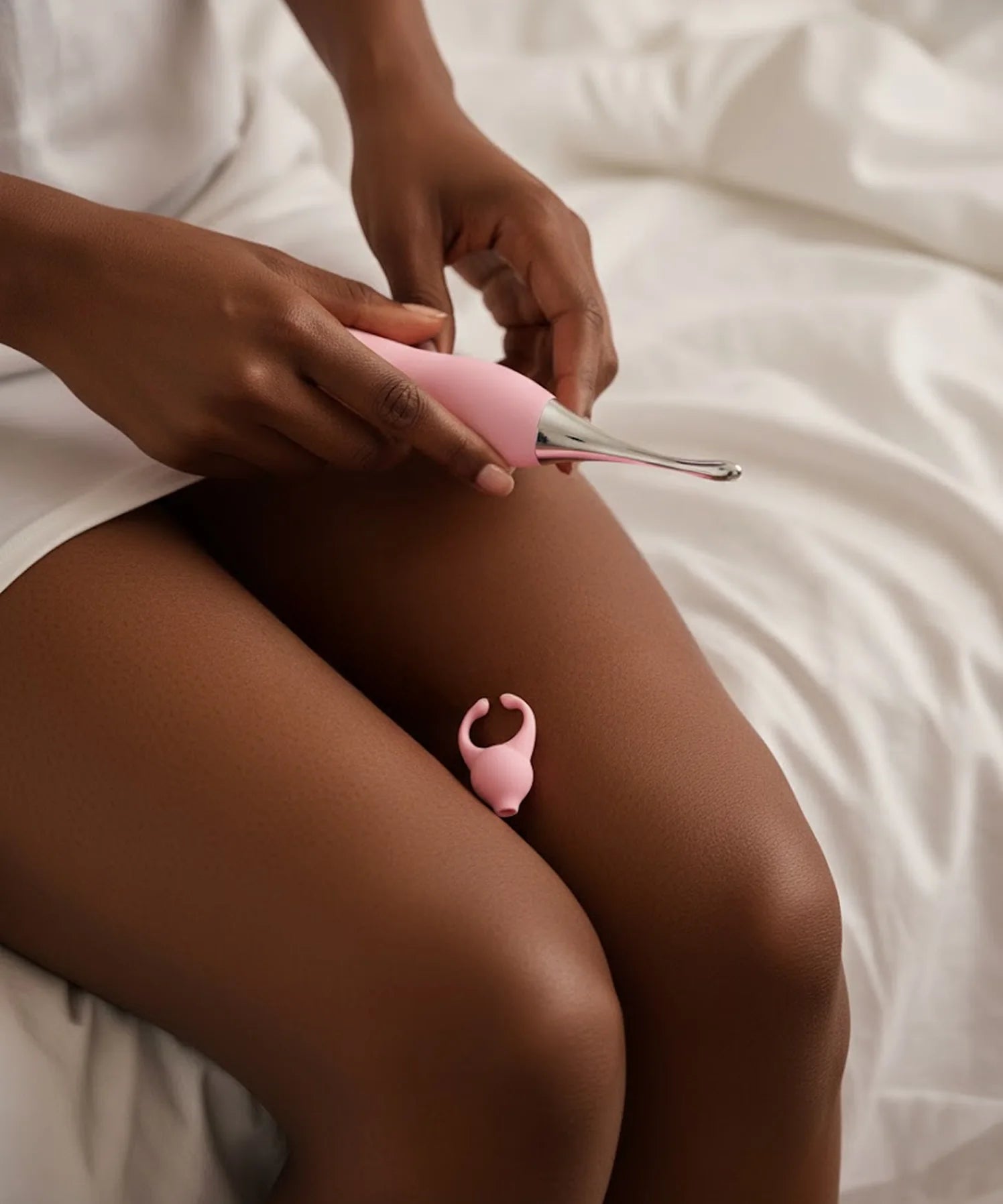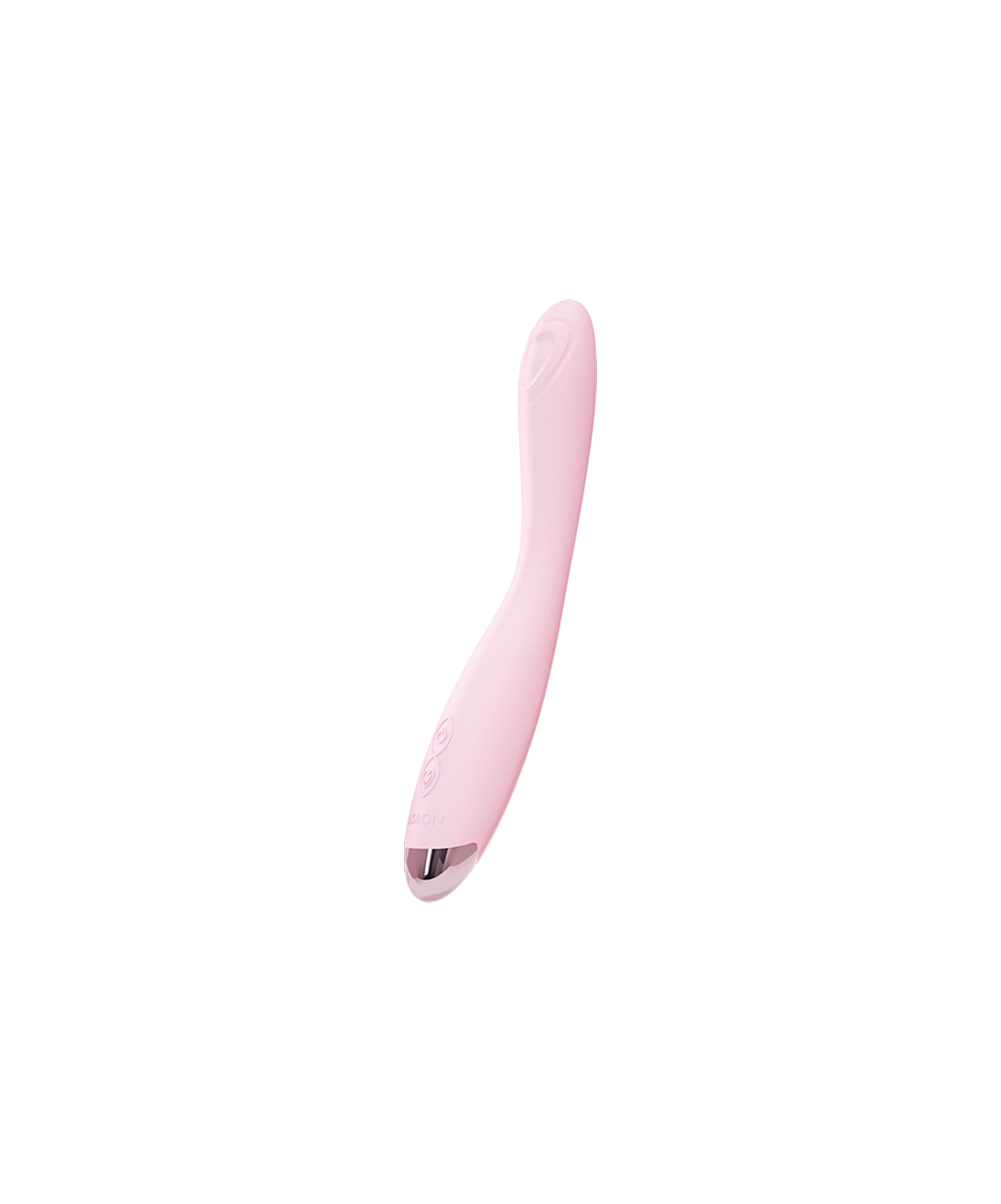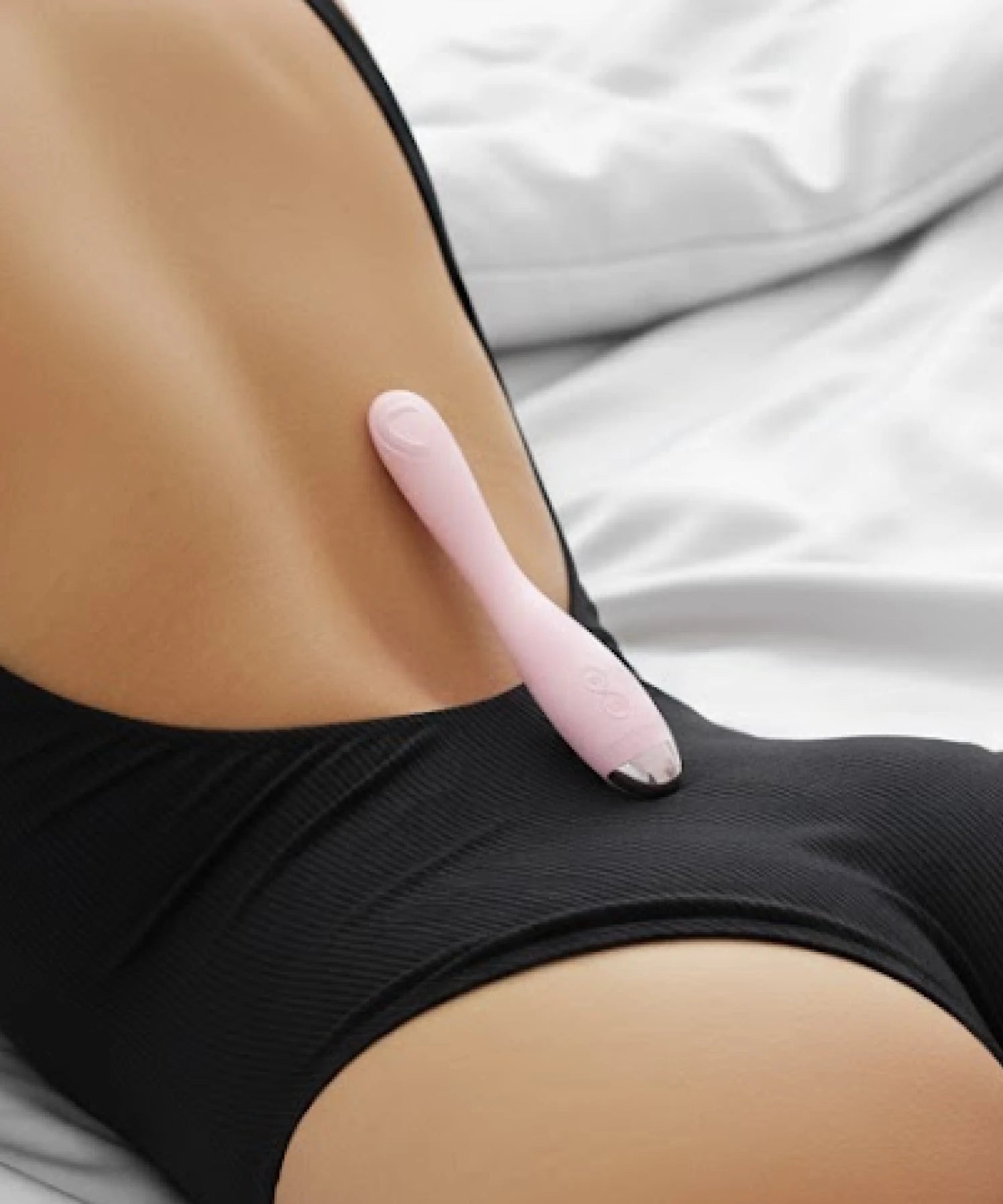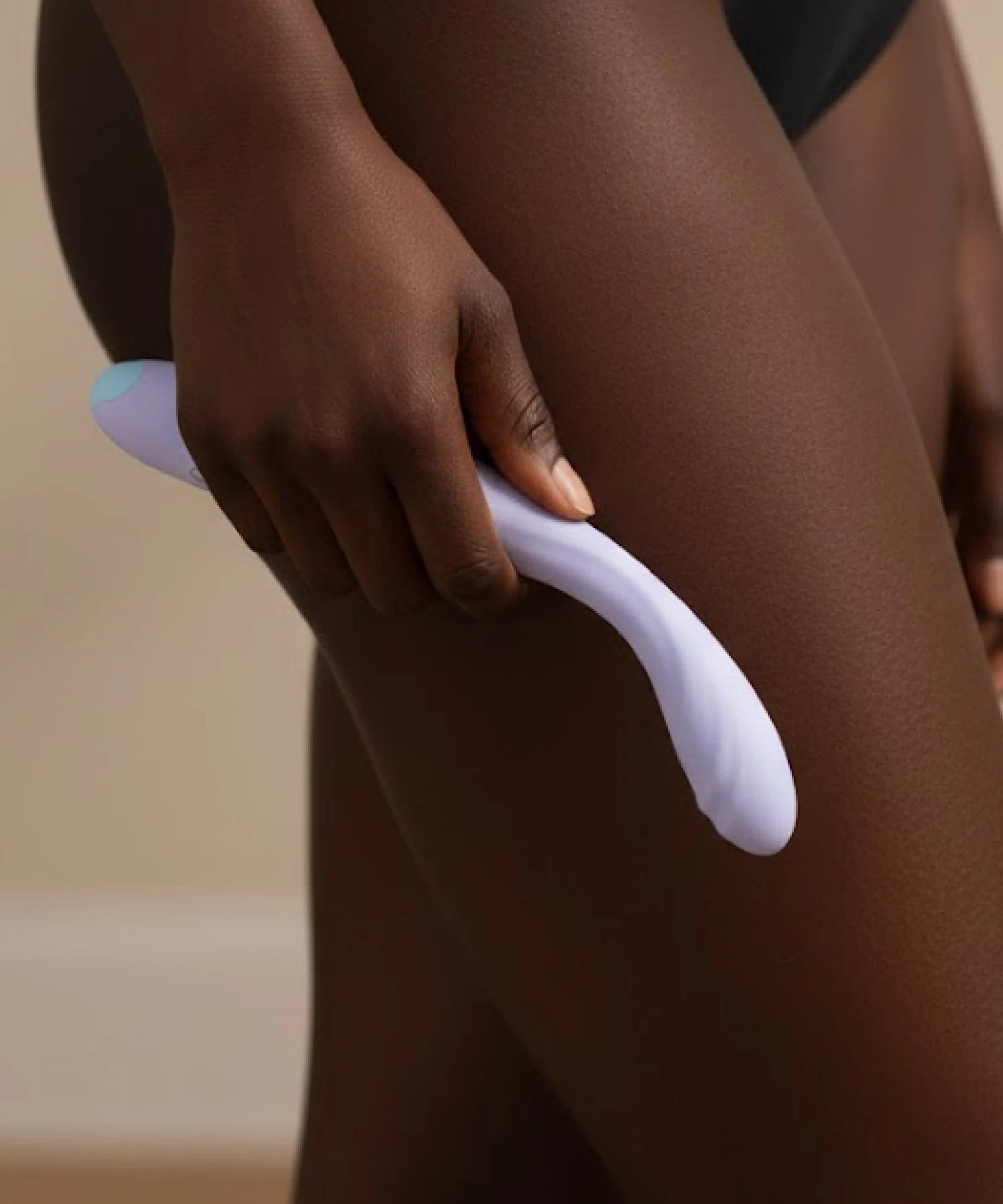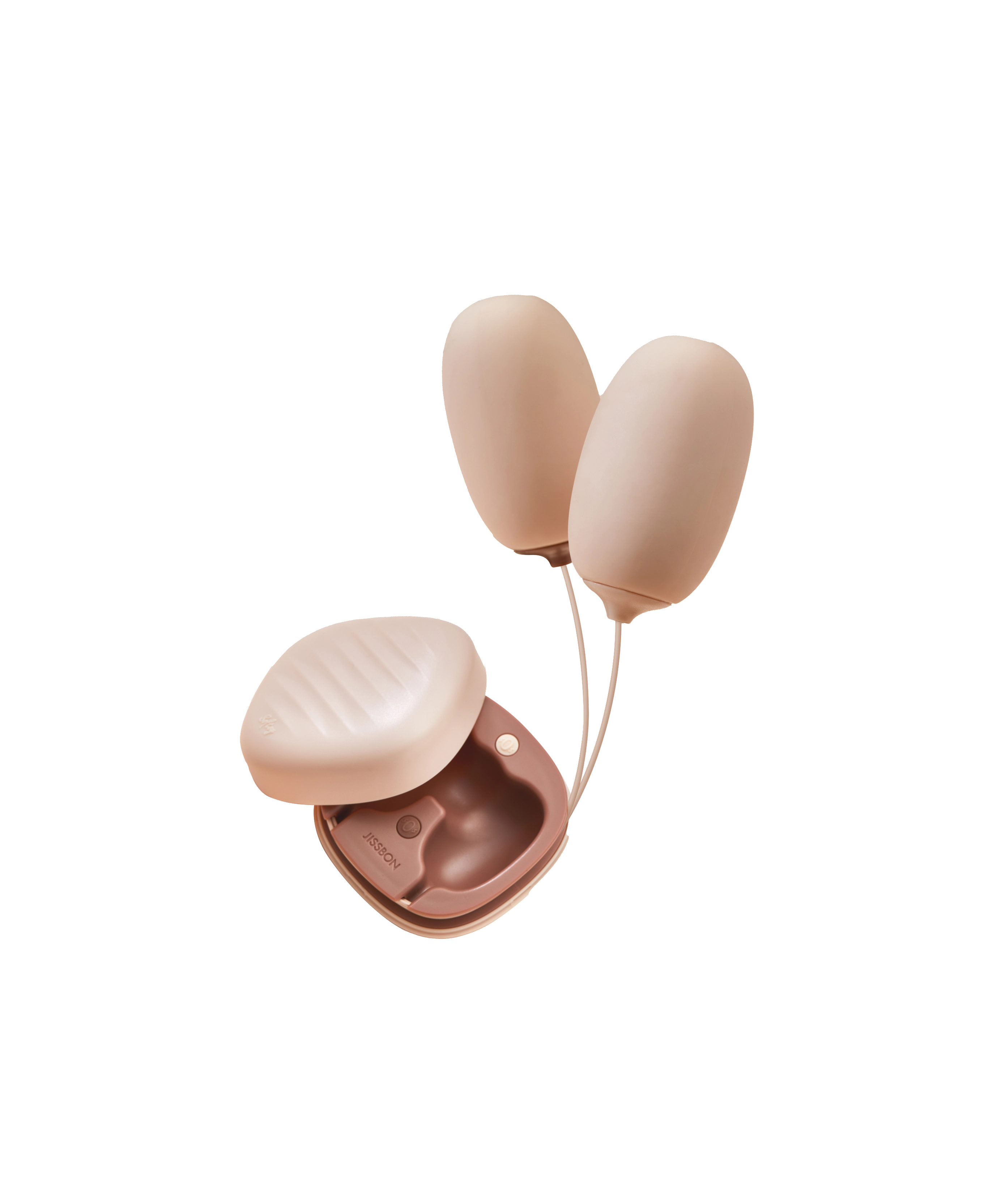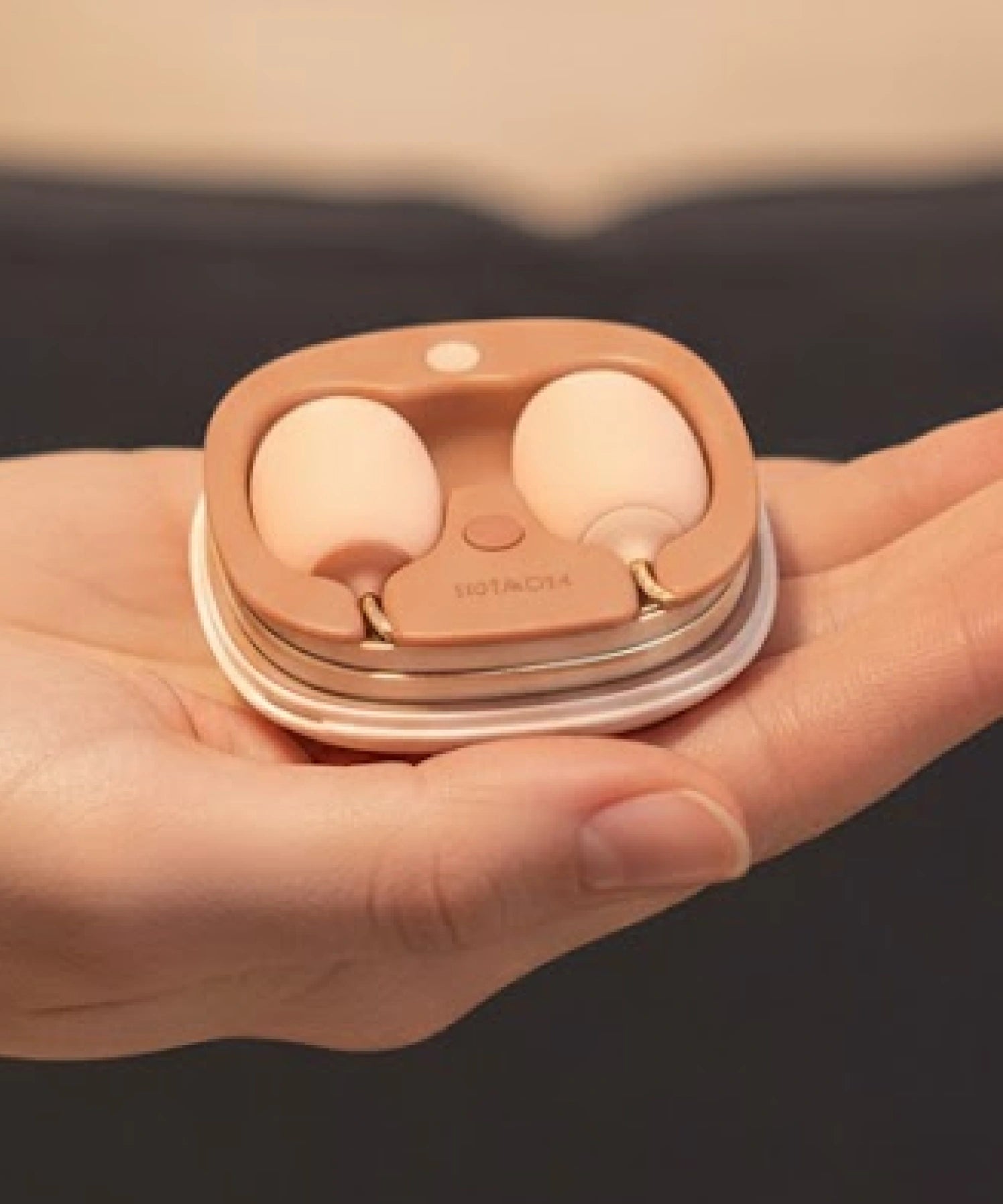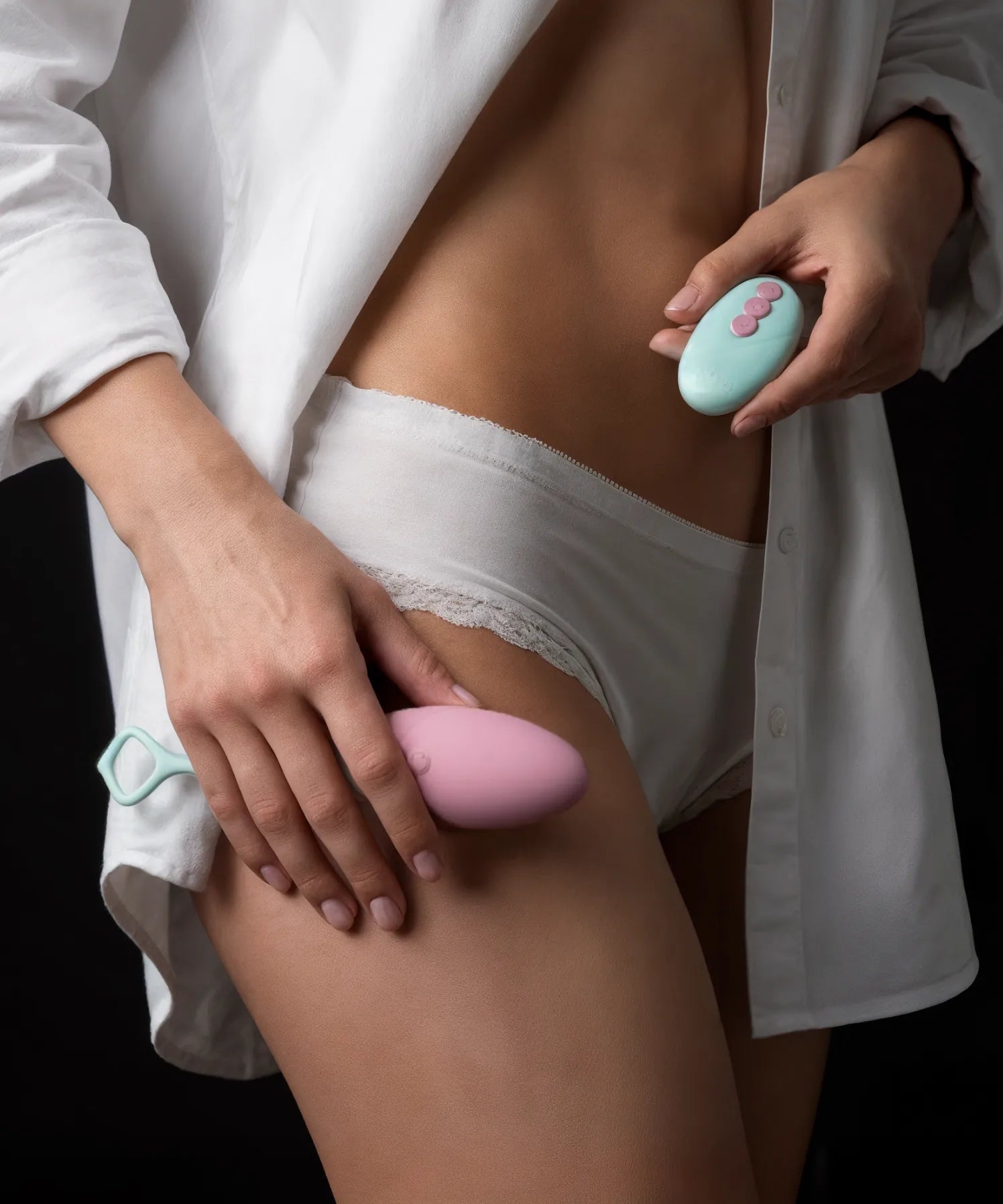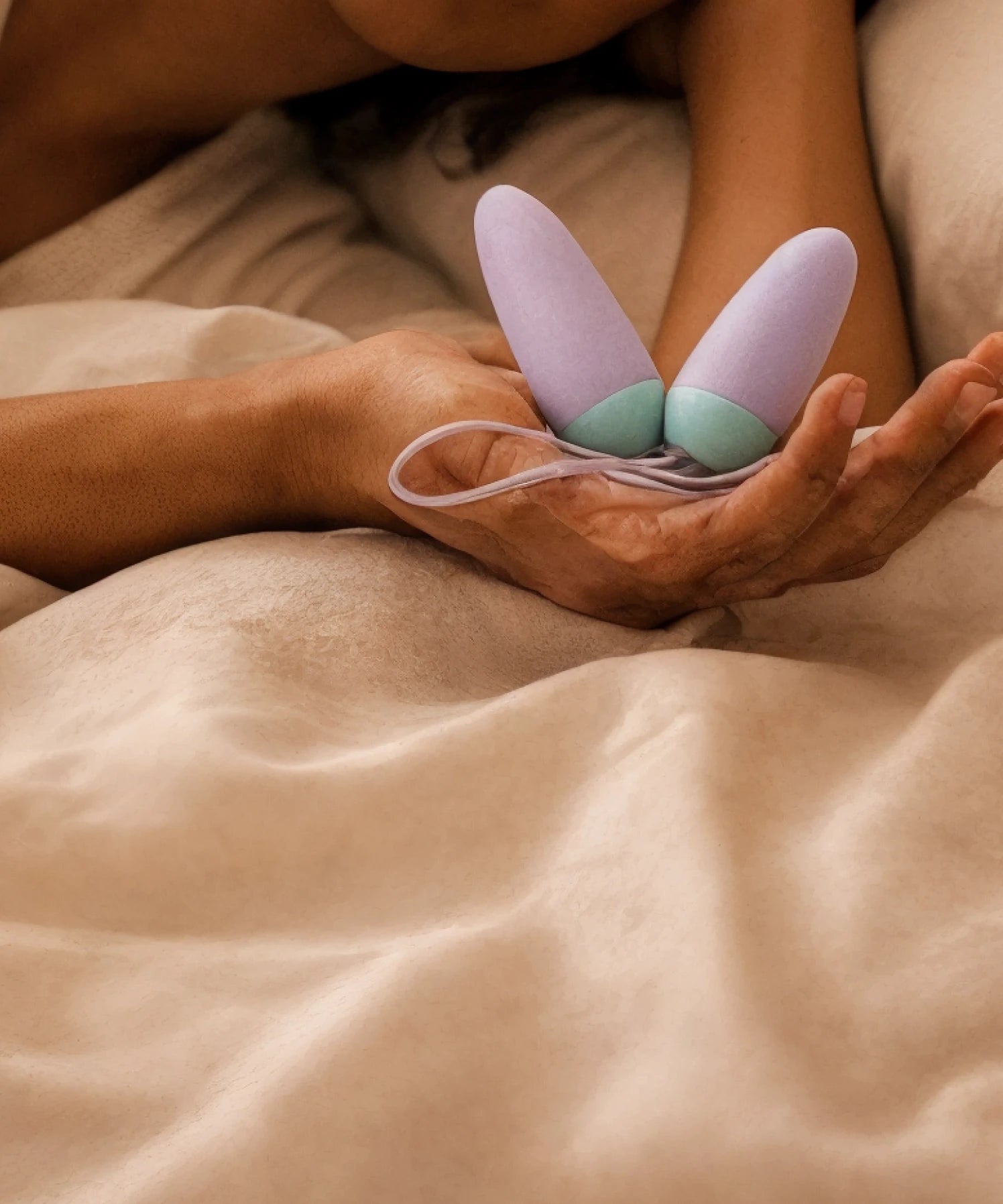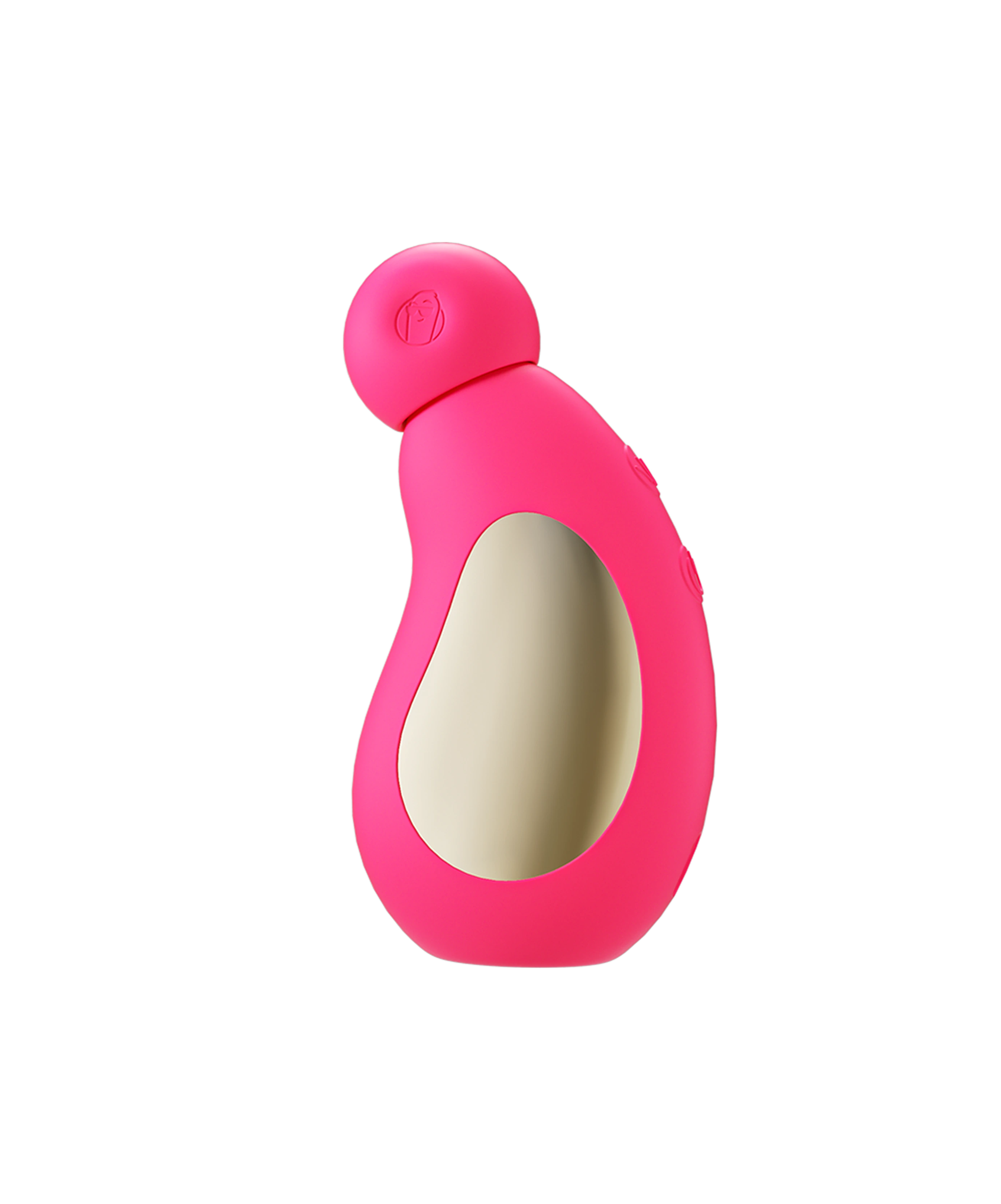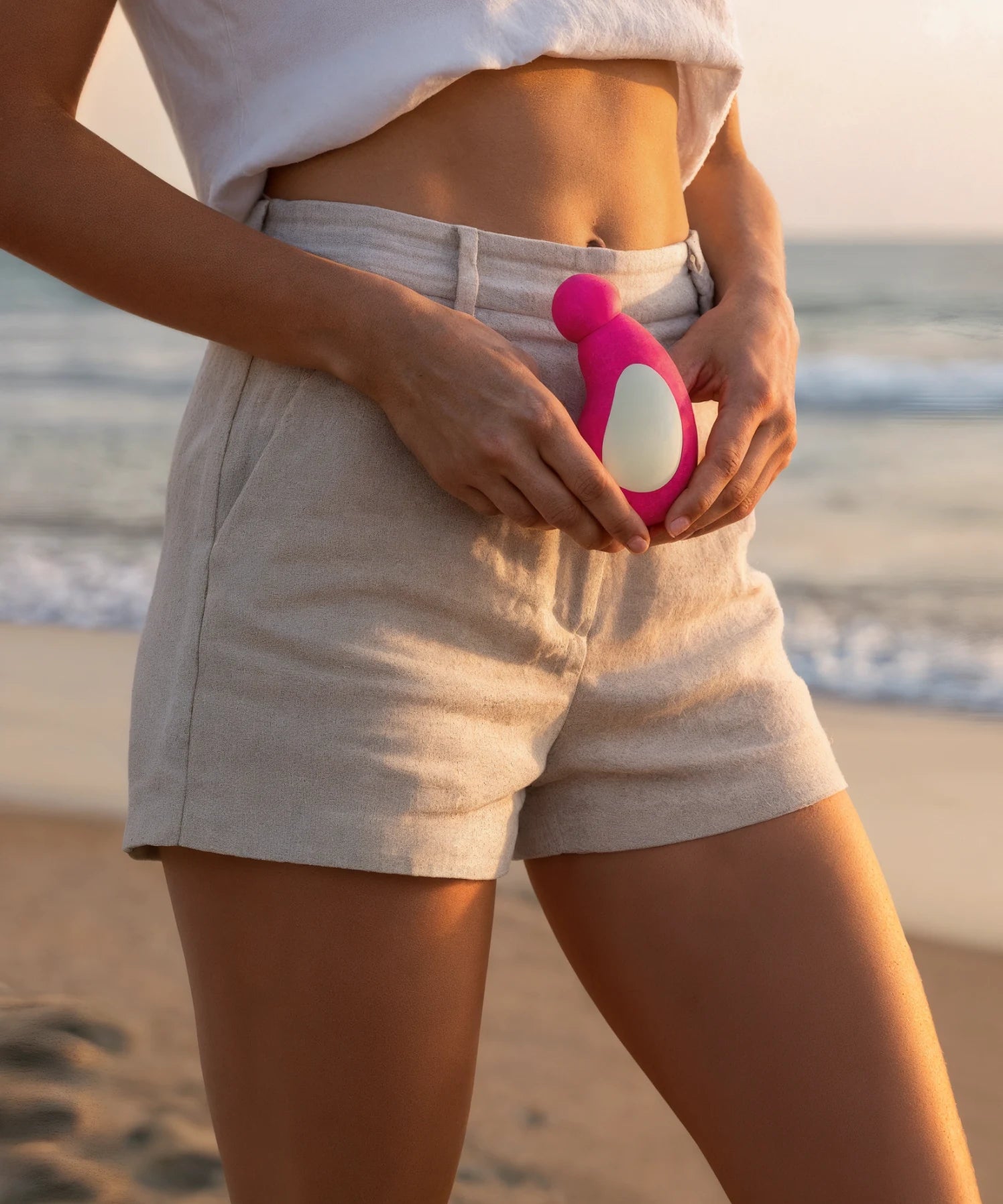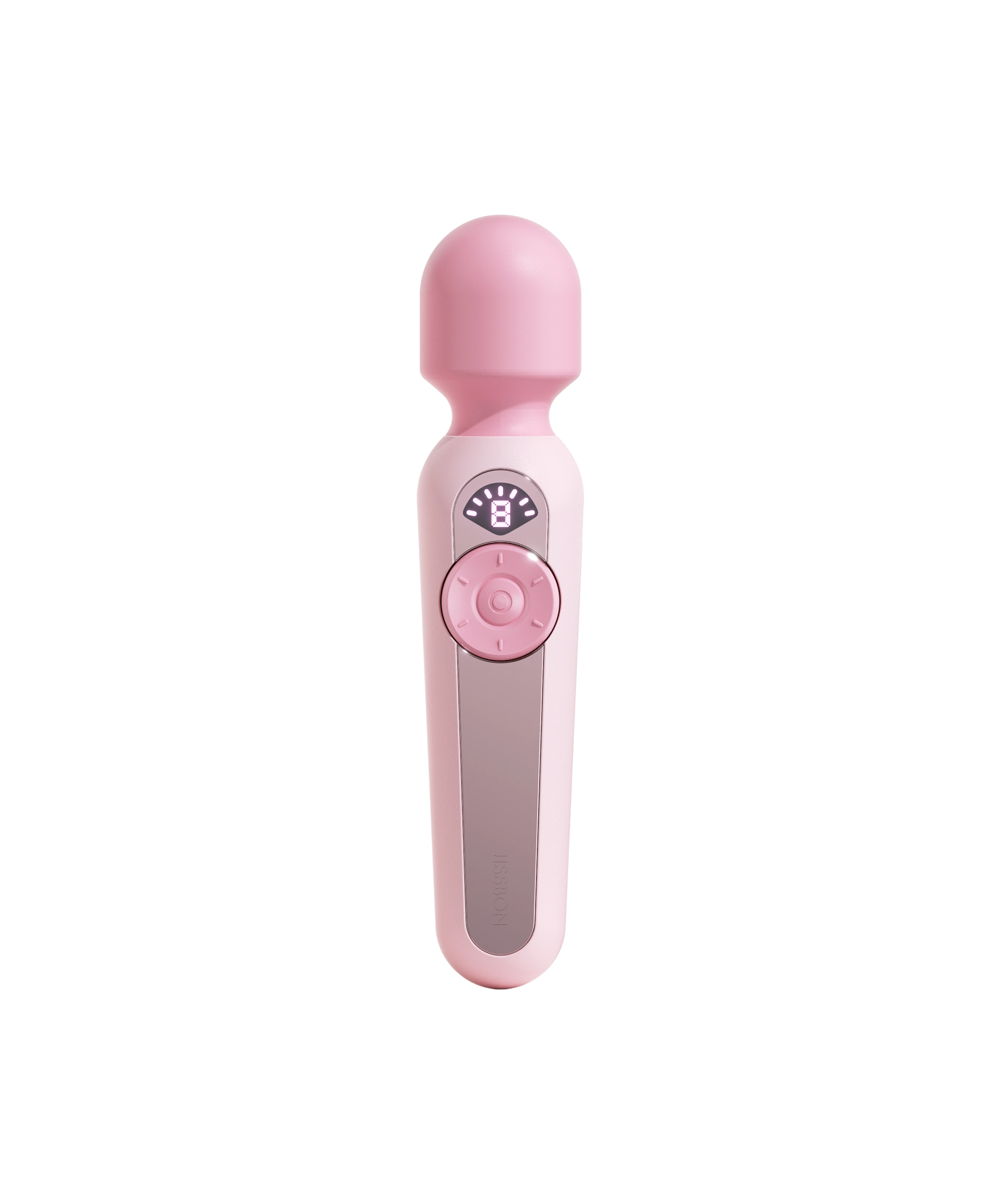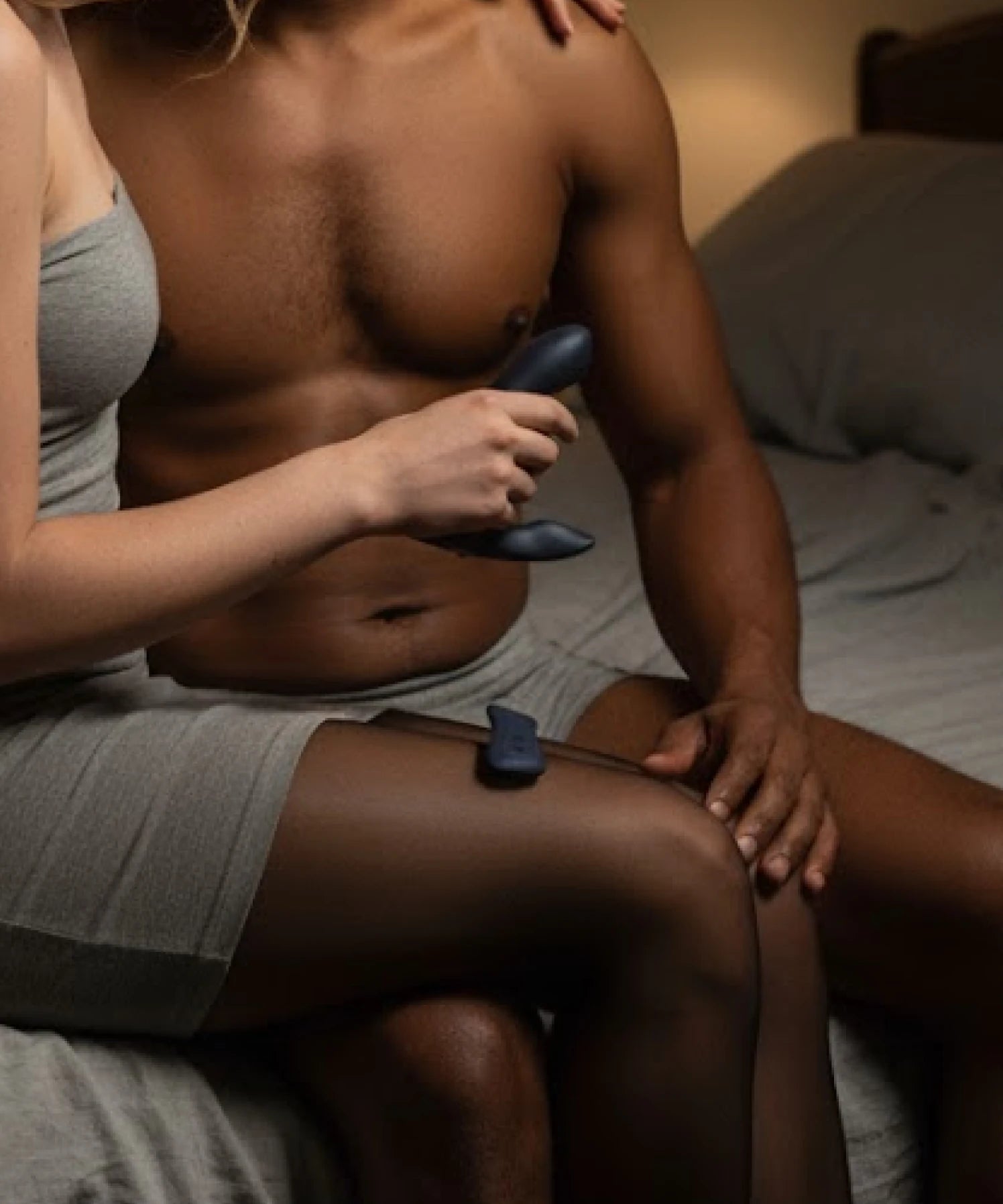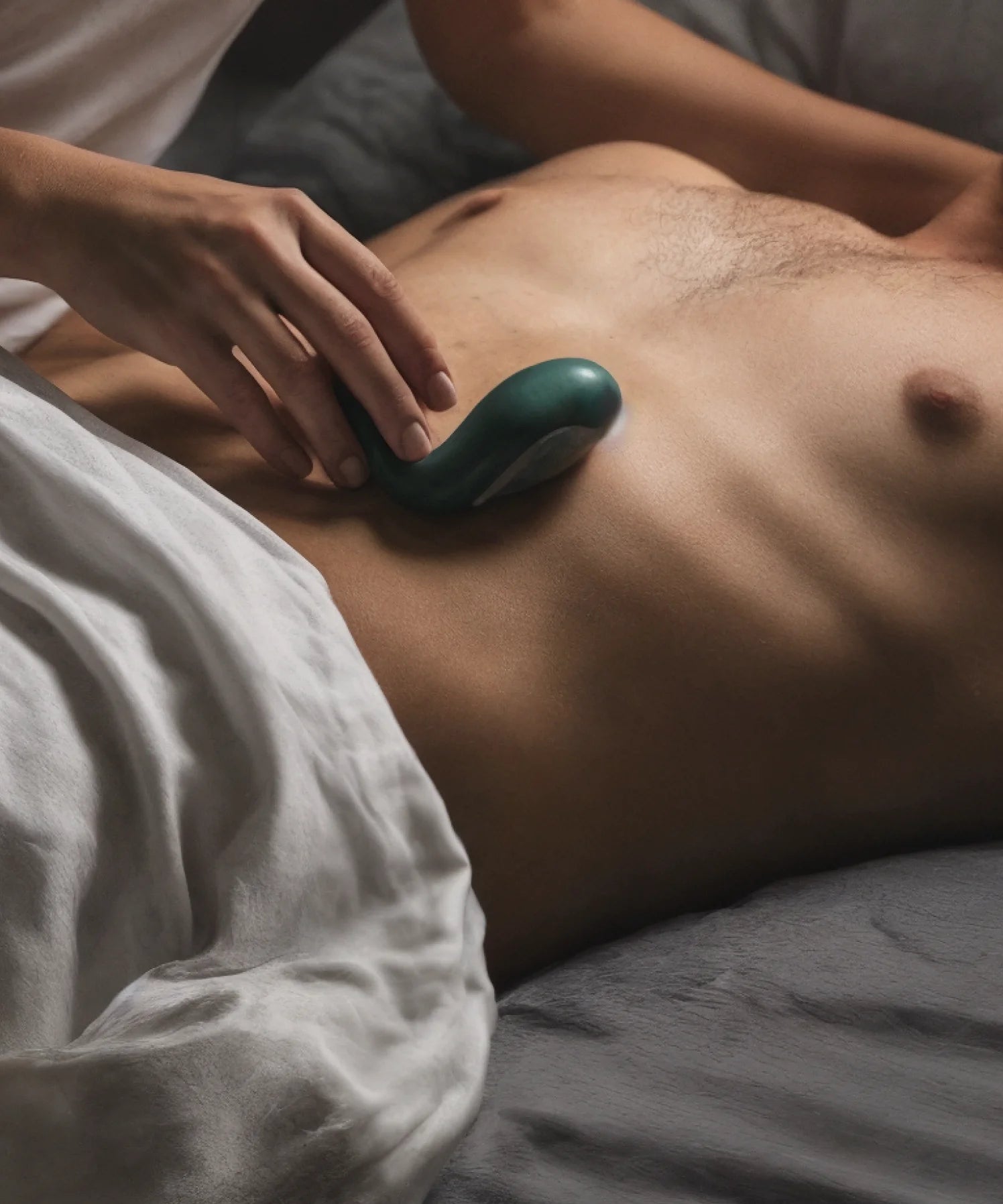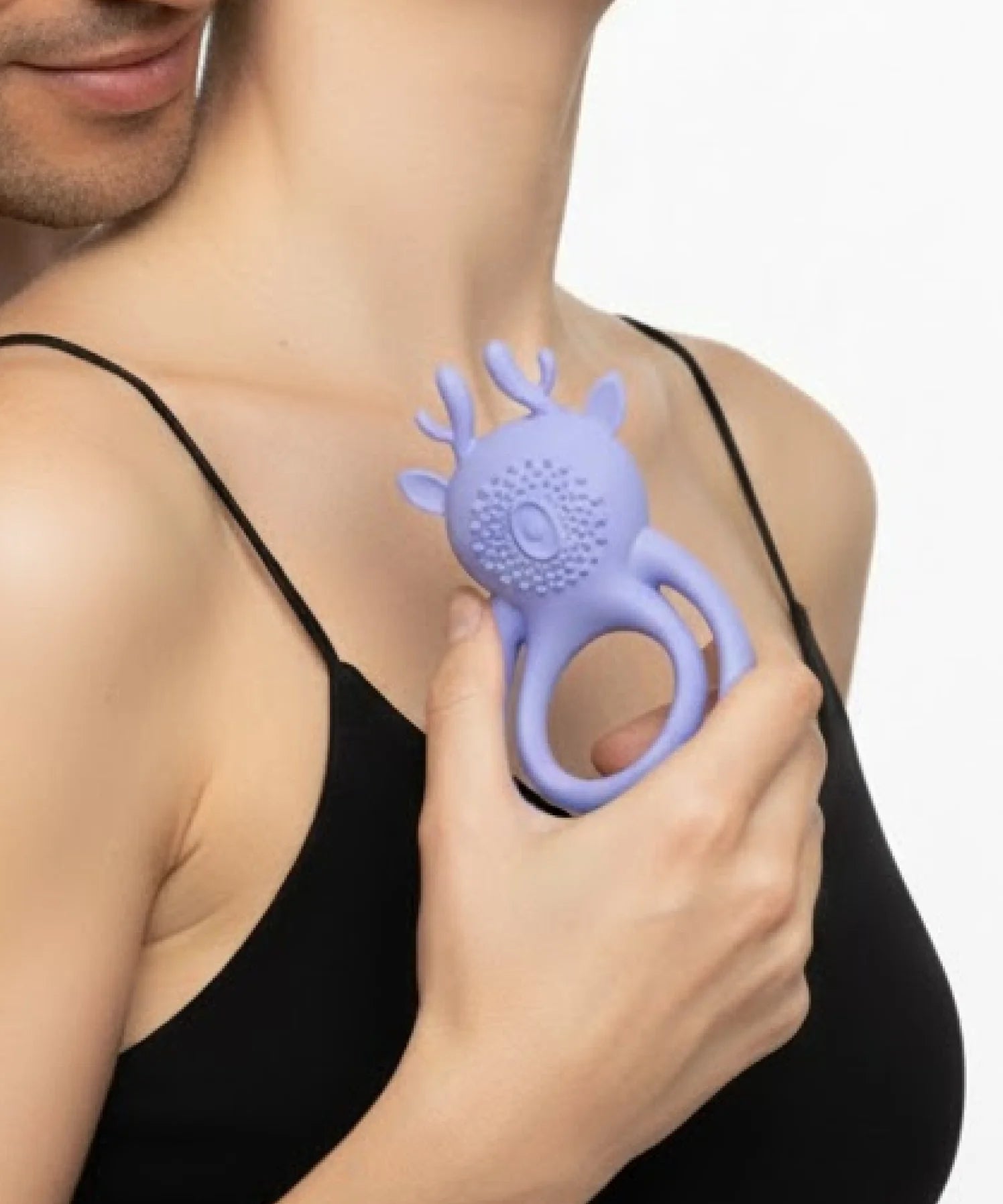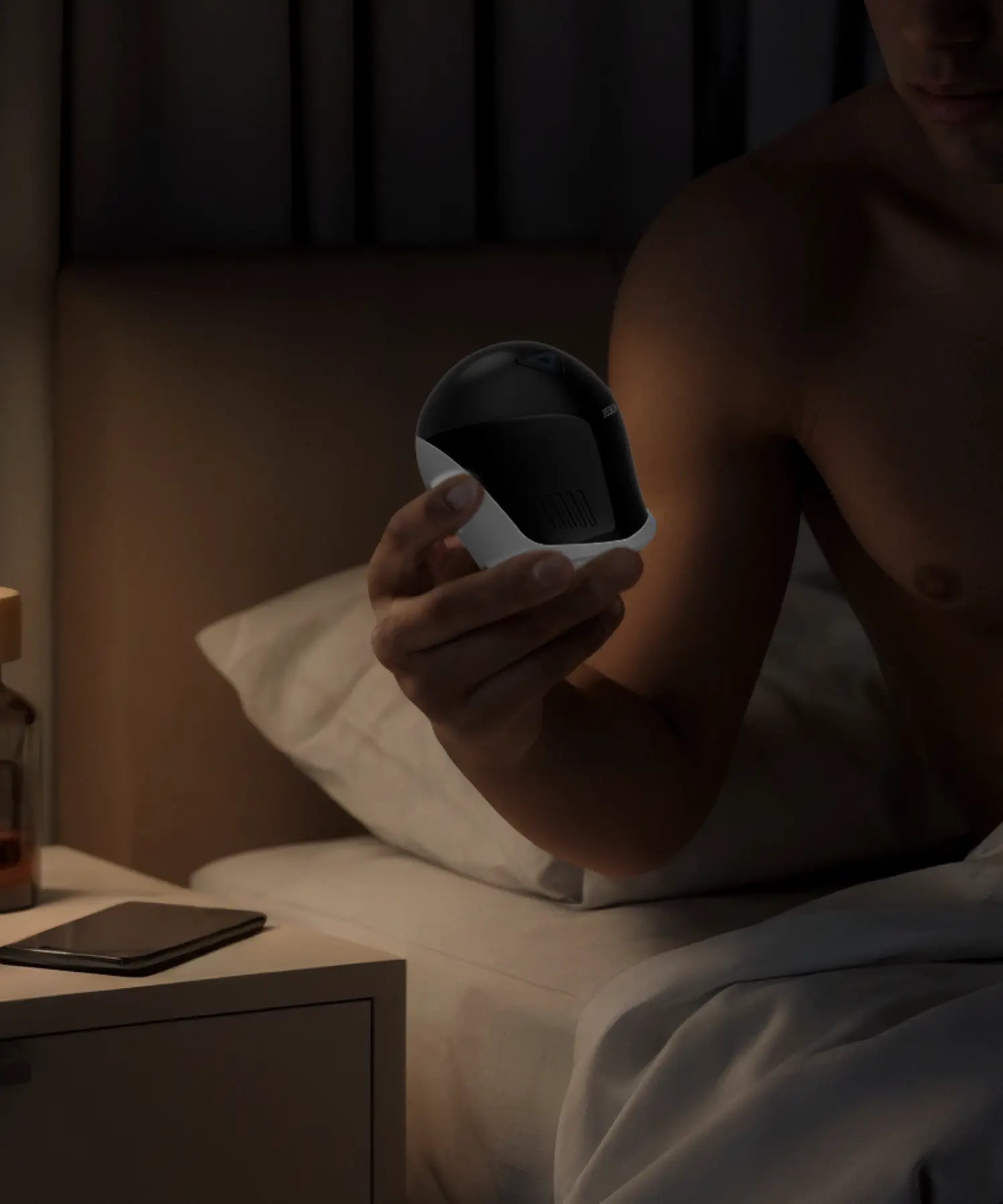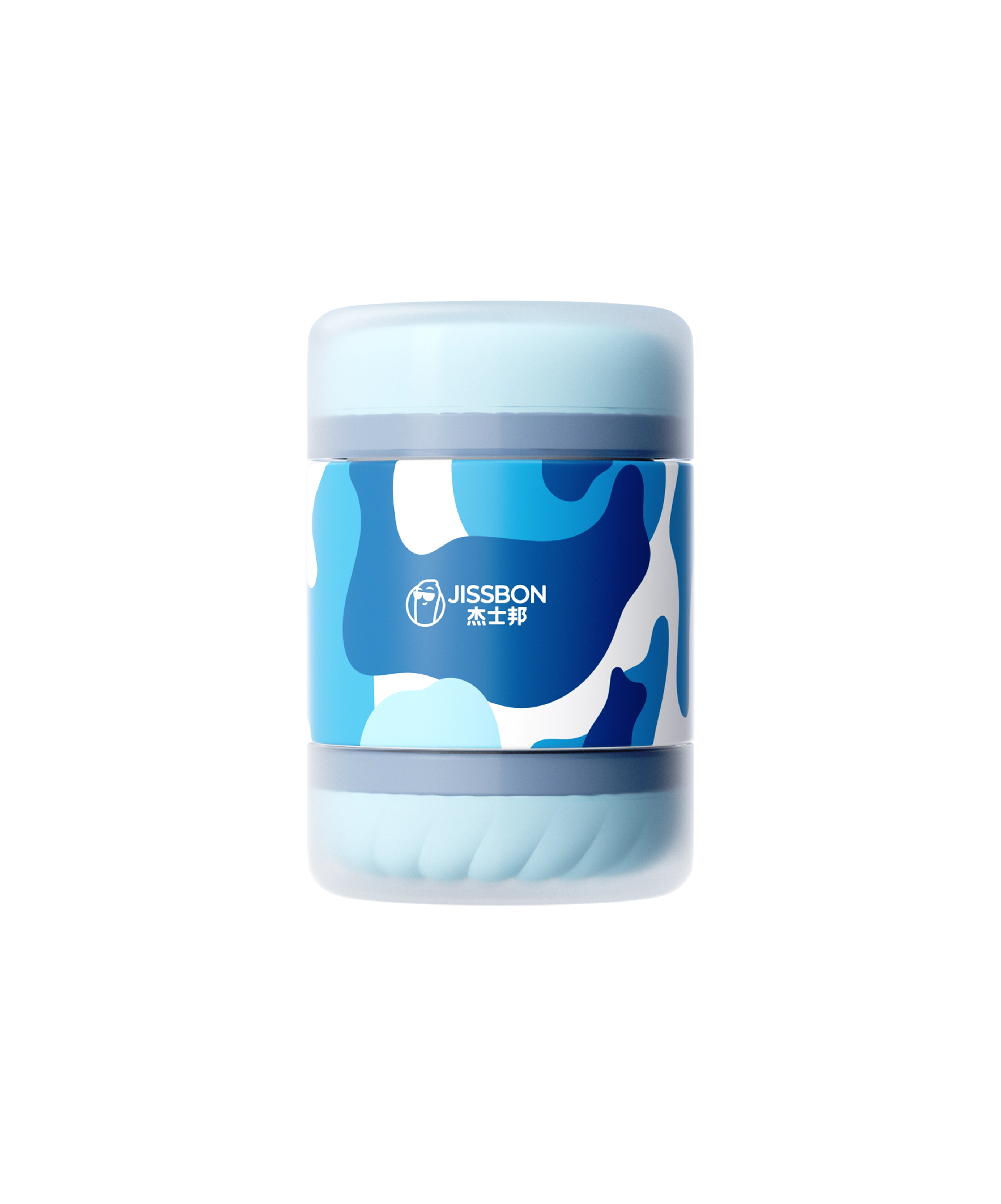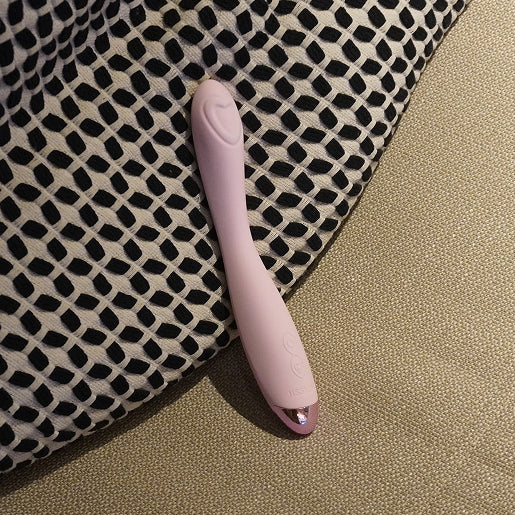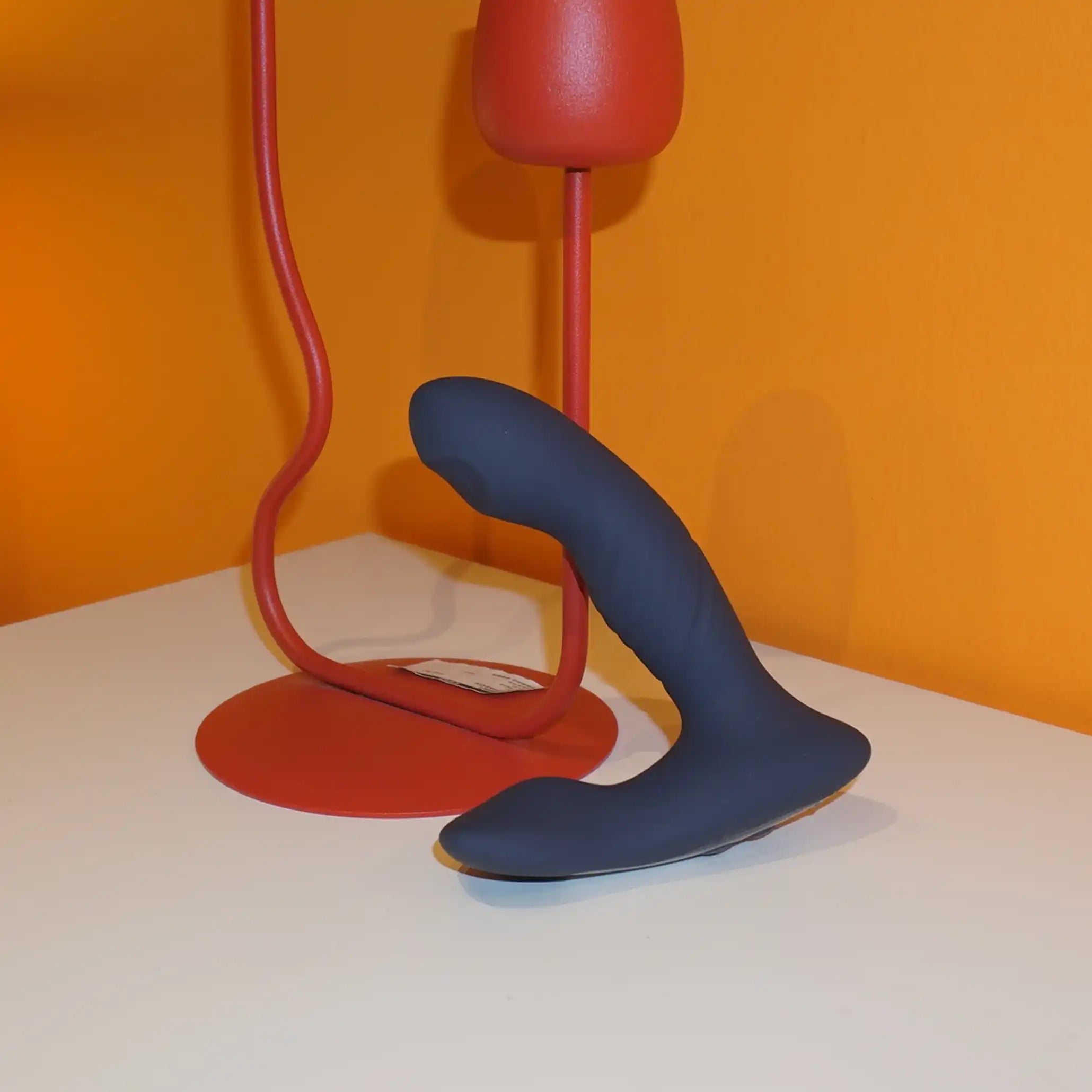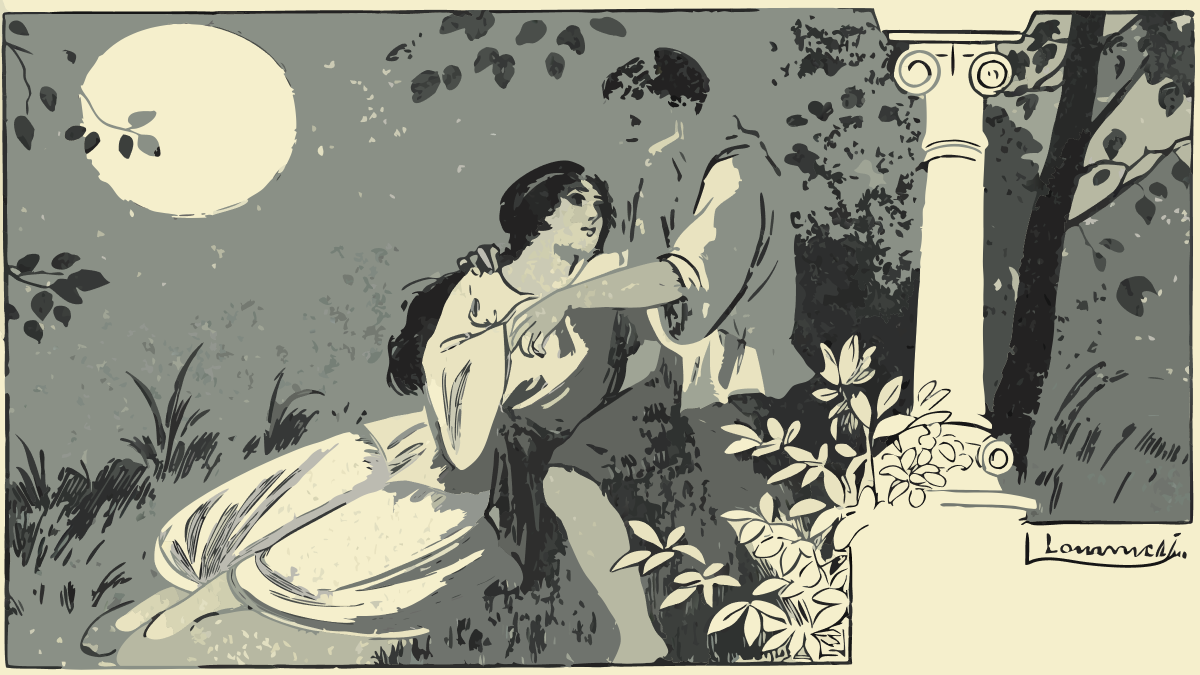Sex in the Victorian era (1800s) was paradoxical. While outwardly conservative, rigid, and focused on modesty, private life told a different story of curiosity, experimentation, and desire. Social norms often shamed women for sexual pleasure while men were granted more freedom, leading to a complex interplay of repression and private indulgence.
This guide explores the cultural attitudes, gender dynamics, education, and sexual practices of the 1800s, helping modern readers understand how Victorian morality shaped contemporary views on intimacy and shame.
Who It’s For & Why This Matters
Understanding Victorian sexuality can offer insights into:
- Students & Historians: Learn about gender roles, moral codes, and social taboos.
- Couples & Individuals: Appreciate how historical norms influence modern sexual etiquette.
- Writers & Creatives: Historical accuracy for novels, films, or roleplay.
- Sexual Education Enthusiasts: Context for the evolution of sexual attitudes.
Victorian Attitudes Toward Sex: Pleasure vs. Shame

Victorian culture was deeply influenced by morality, religion, and social status:
- Public vs Private: Public life demanded modesty; private life often included more experimentation.
- Gender Roles: Men were seen as sexual beings; women were expected to be modest, chaste, and ignorant of sexual desire.
- Marriage as a Social Contract: Sex was framed as duty rather than pleasure, primarily for reproduction.
|
Aspect |
Victorian Expectation |
Reality / Exceptions |
|
Female Desire |
Suppressed; women should be ignorant |
Diaries, letters reveal curiosity |
|
Male Desire |
Expected; sometimes uncontrolled |
Social pressure to marry; secret indulgence |
|
Sexual Education |
Minimal, often moralistic |
“Marriage manuals” and private tutors |
|
Masturbation Attitudes |
Condemned as dangerous |
Secret use of remedies & devices |
|
Extramarital Affairs |
Publicly condemned |
Prostitution widespread; discreet affairs |
Common Practices & Hidden Pleasures
Though social norms imposed restrictions, private behaviors reveal:
- Masturbation and “self-help” devices: Manuals and early vibrators were sometimes used for female relief.
- Prostitution: Regulated in cities, highlighting a stark class divide in sexual access.
- Courting and sexual tension: Long courtships created an environment of restrained passion.
- Erotic literature and letters: Secret consumption of risqué novels and correspondence.
Sexual Education in the 1800s

Sexual knowledge was limited and heavily gendered:
- For Women:
- Focused on modesty, domestic skills, and preparing for marriage.
- Instructions often emphasized duty over pleasure.
- For Men:
- Some instruction existed in medical guides or “courting manuals.”
- Emphasis on performance, avoiding masturbation, and controlling impulses.
- Children & Adolescents:
- Often learned indirectly by observing animals or older siblings.
- Rare guides introduced basic reproductive knowledge before marriage.
|
Group |
Typical Education |
Cultural Implications |
|
Women |
Morality, modesty, chastity |
Shame around female pleasure |
|
Men |
Courtship, marital duty |
Permitted sexual curiosity, hidden indulgence |
|
Children |
Minimal, often anecdotal |
Ignorance reinforced for propriety |
Shame and Social Control
Shame was a powerful tool to regulate sexual behavior:
- Women: Risked social ostracism for premarital sex or expressing desire.
- Men: More leeway; sexual misbehavior was tolerated, especially in private.
- Medicalization: Masturbation and female desire were often treated as illnesses or moral failings.
Shame vs Pleasure in Victorian Sex
|
Factor |
Public Perception |
Private Reality |
|
Female orgasm |
Denied or ignored |
Pursued secretly, sometimes via devices |
|
Male sexual freedom |
Tolerated but discreet |
Prostitution, affairs, masturbation |
|
Sexual literature |
Censored, taboo |
Secretly read and circulated |
|
Contraception |
Limited, frowned upon |
Used discreetly by wealthier couples |
Tools and Remedies of the Era
Victorians used various methods to regulate and stimulate sexual desire:
- Medical devices: Early vibrators for “hysteria treatment.”
- Herbal remedies: Believed to enhance libido or suppress sexual urges.
- Corsets and tight clothing: Socially enforced modesty, but also increased erotic fascination.
Comparing Victorian Sex to Modern Attitudes
|
Aspect |
Victorian Era |
Modern Era |
|
Gender equality |
Highly unequal, male privilege |
More balanced, emphasis on consent |
|
Pleasure orientation |
Suppressed, duty-based |
Recognized as healthy and mutual |
|
Sexual education |
Minimal, moralistic |
Comprehensive, body-safe guidance |
|
Social shame |
Central to control |
Less stigma, still varies culturally |
|
Tools / Toys |
Early vibrators, herbal remedies |
Wide range of sex toys, lubricants |
Step-by-Step Guide to Learning from History
- Read primary sources: Diaries, manuals, letters from Victorian times.
- Analyze gender roles: Observe how shame and pleasure were gendered.
- Compare with modern norms: Recognize progress in sexual equality and openness.
- Apply lessons: Promote consent, communication, and body positivity today.
Victorian Erotica and Literature

Despite public moral codes, erotic literature flourished privately:
- Novels and pamphlets: Secret circulation of risqué stories and novels like Fanny Hill.
- Letters and diaries: Private correspondence often revealed sexual fantasies and hidden desires.
- Coded imagery: Artwork and illustrations hinted at eroticism while avoiding censorship.
|
Medium |
Purpose / Content |
Cultural Impact |
|
Erotic novels |
Sexual fantasy, moral caution |
Allowed private exploration of desire |
|
Letters / diaries |
Personal reflection, confession |
Revealed gap between public shame & private curiosity |
|
Illustrated prints |
Symbolic eroticism |
Subtle social rebellion against norms |
Clothing, Fashion, and Sexuality
Victorian fashion reinforced modesty but also affected sexual expression:
- Corsets and layers: Controlled the body, but heightened sexual allure in private.
- Lingerie evolution: Delicate fabrics and hidden garments hinted at intimacy.
- Social signaling: Clothing indicated marital status, wealth, and propriety.
Fashion vs Sexual Perception
|
Garment |
Public Function |
Sexual / Private Effect |
|
Corset |
Posture, modesty |
Emphasized curves, erotic fascination |
|
Petticoats |
Warmth, decency |
Layering created mystery, allure |
|
Wedding veil |
Symbol of purity |
Hidden femininity, controlled exposure |
Masturbation, Medical Beliefs, and Devices
Victorians often conflated sexuality with health:
- Medical warnings: Masturbation labeled as dangerous or morally corrupting.
- Early devices: Vibrators initially marketed as medical tools for “hysteria treatment” in women.
- Herbal and chemical remedies: Supposed to curb sexual desire or enhance pleasure subtly.
Urban vs Rural Sexual Culture
Sexual attitudes differed depending on geography:
- Urban centers: More access to prostitution, erotic literature, and private indulgence.
- Rural areas: Sexual education often through observation of nature or family structures; stricter social scrutiny.
- Class impact: Wealthy citizens could afford discretion and private pleasures; working classes faced public exposure and harsher judgment.
Religion and Morality
Religious influence shaped sex and shame profoundly:
- Church doctrine: Advocated chastity, condemned premarital sex, and emphasized marital duty.
- Moral reform movements: Initiatives like the Temperance Movement also aimed to curb sexual impropriety.
- Impact on women: Religion intensified repression of female desire and limited sexual agency.
Comparative Table: Victorian vs Modern Sexual Norms
|
Factor |
Victorian Era |
Modern Era |
|
Female sexual agency |
Suppressed, private |
Encouraged, body-safe exploration |
|
Male sexual expression |
Allowed, sometimes hidden |
Open, consensual, regulated by consent |
|
Education |
Minimal, moralistic |
Comprehensive, factual |
|
Cultural shame |
Central to behavior regulation |
Reduced, but social/cultural stigma remains |
|
Tools / toys |
Early medical devices, herbal aids |
Wide range of body-safe sex toys |
|
Privacy and discretion |
Mandatory for pleasure |
Encouraged for comfort, not shame |
Influence on Contemporary Sex Education
Victorian sexual norms shaped modern practices:
- Persistence of shame: Modern society still wrestles with lingering ideas of modesty and female inhibition.
- Development of sex toys: Early vibrators for hysteria treatment evolved into body-safe devices for pleasure.
- Gendered knowledge gaps: Men historically had more sexual instruction; today, education aims to be inclusive.
Frequently Asked Questions
How did Victorians view female pleasure?
Publicly, female sexual desire was denied or ignored, but privately, women sought pleasure through letters, literature, or devices.
Was premarital sex common in the 1800s?
While officially taboo, premarital sexual activity occurred, often discreetly, with social consequences mostly for women.
Did men face sexual shame?
Men were granted more sexual freedom; shame was less severe, though certain behaviors could harm reputation.
What tools existed for sexual relief?
Early vibrators, herbal remedies, and discreet erotic literature were used to manage desire or treat “hysteria.”
How does Victorian sexual culture influence modern norms?
It shaped early sexual education, gendered shame, and social control methods that modern sexual wellness seeks to challenge.
Conclusion
Sex in the 1800s was a complex balance between pleasure and societal shame, heavily influenced by gender, class, and morality. Understanding Victorian attitudes helps contextualize modern sexual norms, consent, and body positivity.
Explore modern tools and knowledge to safely and comfortably embrace sexual pleasure, such as sex toys for women and heating male strokers.
